Yesterday so many of you joined us and, most importantly, each and every followed the measures and kept the social distancing! A big audience filling the parterre and a greenhouse full till late. Let’s move into the second day of Concorto 2020, starting with a free screening at Palazzo Ghizzoni Nasalli at 6 pm: do not miss the first part of the Focus Irlanda (here the reviews)!
This year the park opens a bit earlier, at 8:30 pm, so to let you arrive with no rush and to enjoy a tasty dinner in the evening light thanks to our food trucks.
The event starts at 9 pm with Nachts sind alle katzen grau, a short that questions the line between human beings and animals, followed by the touching Revolykus by Victor Orozco Ramirez, an old and loved friend of Concorto. Closing the first part of the selection Fische, a surreal story of emotional reunions.
After the break Clean with me (after dark), an extraordinary desktop documentary that brings together cleaning videos with millions of views taken from YouTube channels and Instagram profiles, followed by Homeless Home, an animation that accompanies us through the never-ending quest for a, though passing, redemption. Closing this screening, the Palestinian Al Hadiya, that deals with a sadly daily issue through the archetype of a new fridge, and Family Plot, an entertaining Japanese comedy.
A very enjoyable after-festival with Glomarì playing live in the Boschetto, while the night screenings continue at the greenhouse with the Focus Elle and the second part of Deep Night.
Nachts sind alle Katzen Grau – Lasse Linder
Seen by Vanessa Mangiavacca
All cats are grey (in the cave) sang The Cure in 1981, calling to mind a private and lonely atmosphere, just as the one we catch a glimpse of in this German short film. All cats are grey in the dark is also a widespread American idiom: when in dark, appearance is meaningless, as physical and external characteristics cannot be seen. Starting from this self-explanatory (but nevertheless hard to put in use) idiom, the director Lasse Linder raises, nearly unnoticed, a very asked question, especially in the Western culture already since the 60s: is there a line between human being and animal? If yes, what is it? Wide and static shots draw a picture of a middle-aged man who is building a new family together with his two grey cats, Katiusha and Marmelade. The portrait offered is touching and profound, a true representation of an unconditional and unimaginable love that leads to rethinking the notions of affection and family, starting from the connection between man and nature. The relationship with an animal encourages the human being to perceive a new and original image of himself: what makes them different is not rationality but a beating heart with no demands, narrow-mindedness, nor material selfishness.
Revolykus – Victor Orozco Ramirez
Seen by Elena Saltarelli
In this short film the Mexican director, who now lives in Germany, Victor Orozco describes the motivations and consequences that his move brought with it. With STOP MOTION ANIMATION/STOP MOTION FILMING and soundtrack as its main actors, he engages in the illustration of a time stream, relegating to a voice over the dynamics that the image-sound combination represents. A deeply lyrical experiment, that holds and interiorises both personal and social events, cancelling the layers of meaning that distinguish the one from the other and transposing them on the same story line. With great summary he manages to compress different circumstances in just a few words, marked by pounding and evocative images. The strong allegorical meaning makes it really possible to immerse oneself in the story told by the narrating voice: the aim of the director seems to be to make a non-shareable emotion shareable, always moving back and forward from the impersonal to the intimate sphere. In these 12 minutes the mission appears to be making the spectators feel the sound of annihilation, making them feel the smell of dust and of fear. Moreover, to put the spectators in the condition of asking themselves if the smell of dust is the same as the one of fear; and to leave them with no answers because in the moment the question is asked the film has already gone on, far away from the previous photogram.
Fische – Raphaela Schmid
Seen by Carlotta Magistris
A claustrophobic chinese restaurant with ritualistic spring rolls, overflowing photography and tables where the stories take place, normal lives and typical dinner emotional ruptures with an harmonious grotesque taste that characterises a certain kind of contemporary German cinema. In this mosaic what stands out with a strong emotional impact is the reunification of a brother and a sister, a red fish among them, just as they have experienced the worse loss of their life, two different ways of sensitivity meet both in need to elaborate together a personal and emotional reconciliation.
Clean with me (after dark) – Gabrielle Stemmer
Seen by Vanessa Mangiavacca
Concorto has always opened the way to women’s issues and will continue doing that in this 19th edition, as previously highlighted: a short film of the selection that stands out in this framework has to be Clean with me (after dark), a “desktop documentary” by the newcomer director Gabrielle Stemmer that is closely and noticeably linked with the focus Elle. A series of cleaning video with millions of views taken from YouTube channels and Instagram profiles brought together by articulate and cutting-edge editing needs no sounds, no extradiegetic comments if not the clicking of the mouse to show the absurd nonsense of the housewife life and the psychological hell that affect most American (but not only) women. The young French director analyzes and deconstructs the well-presented anti-feminist model, mainly fueled by the media and male society but also by women themselves, that causes them to involuntarily and unknowingly become victims of a social and political pressure pushing them to undo their identity to be wives, mothers, housewives: identical and perfect Barbies. It is a widespread and repeated script: from cooking tutorials to make-up ones, many are the videos of women who proudly show their skills in these fields. Their femininity is thus reduced to an imposed construct that becomes a real mental and emotional prison, a heavy psychological burden. Identical and flawless women in that (infernal) reign that is their home: a terrifying portrait that is likely to repeat itself for future generations.
Homeless Home – Alberto Vasquez
Seen by Irene Pagano
The past is a festering wound bound to stay untreated. We may try to run away from it, to ignore it, but we can never free ourselves from its pain, its smell. There’s no catharsis in forgetfulness.
Through beautiful character designs and artwork, and voice acting performances so spot-on it almost hurts, Alberto Vàzquez crafts the visual metaphor of a wretched home, dreary and fascinating. Living in an enviroment that legitimizes and normalizes toxic relationships, pathological behaviour and abuse, a place where everybody is at least a little dead, can easily lead young people to give up on the prospect of achieving a perception of happiness healthier then one their parents settled for. A nihilistic attitude and the dulling of one’s senses seem like the only option for survival to those who can’t escape from a poisonous community. It would almost take a miracle, not to sink into madness, not to embrace the rotted dynamics that rule every action, every interaction. But even in a magical world, miracles cannot be relied upon. What it really takes is a sort of inner light, the strenght to force oneselves out of deep-rooted self-destructive patterns and to affirm one’s own right to live, even though we might end up in a place so dark that we don’t really believe in it anymore. The will to stay alive and hope and act, even if we don’t feel like it.“Homeless Home” is a story of failed redemption and of a quest for that peaceful place in which we don’t have to excise our emotional baggage from us, but we can maybe put it down for a minute and feel like we exist despite it, not through it.
I wish good luck to the Orc and the Little Witch. I really do.
Al Hadiya – Farah Nabulsi
Seen by Sofia Brugali
The Present is the meaningful title of Farah Nabulsi’s short film, a work intended to reveal to the world the normalization of violence in the everyday life of Palestinian people.
Accompanied by his daughter Yasmine, Yusuf goes shopping for a present for his wife on the occasion of their wedding anniversary. He wants to buy her a new fridge, because the old one is flawed.
It would be a simple matter, but it isn’t, because the setting is that of occupied Palestine under the rule of the Israeli autority. Indeed, to go shopping in the city means for Yusuf and his daughter to pass through a check point: a place where their identity is put under control and their life subordinated to the mood of young soldiers. Yusuf is first humiliated in front of his daughter, locked in a cage while waiting for his documents to be checked. But he loses control when, going back home, the soldiers forbid him to bring his bulky present on the other side of the check point.
During a scene which well exemplifies tha nature of the israeli-palestinian “conflict”, Yasmine’s brave intervention will bring to an unexcpected happy ending.
Family Plot – Shuichi Okita
Seen by Margherita Fontana
What would you do for a free Wi-Fi connection?
In the digital streaming and on-demand platforms era, all you have to do is turn on your television and connect to the internet. However, the young and broke Dobashi finds himself alone in his new, empty apartment, with no internet connection and having just found out that the video store nearby closed for good. All that he can do is try to deceive his old landlords who live next door, aiming to find out their Wi-Fi password. What he does not know, though, is that he will end up in a tender but yet macabre case of mistaken identity.

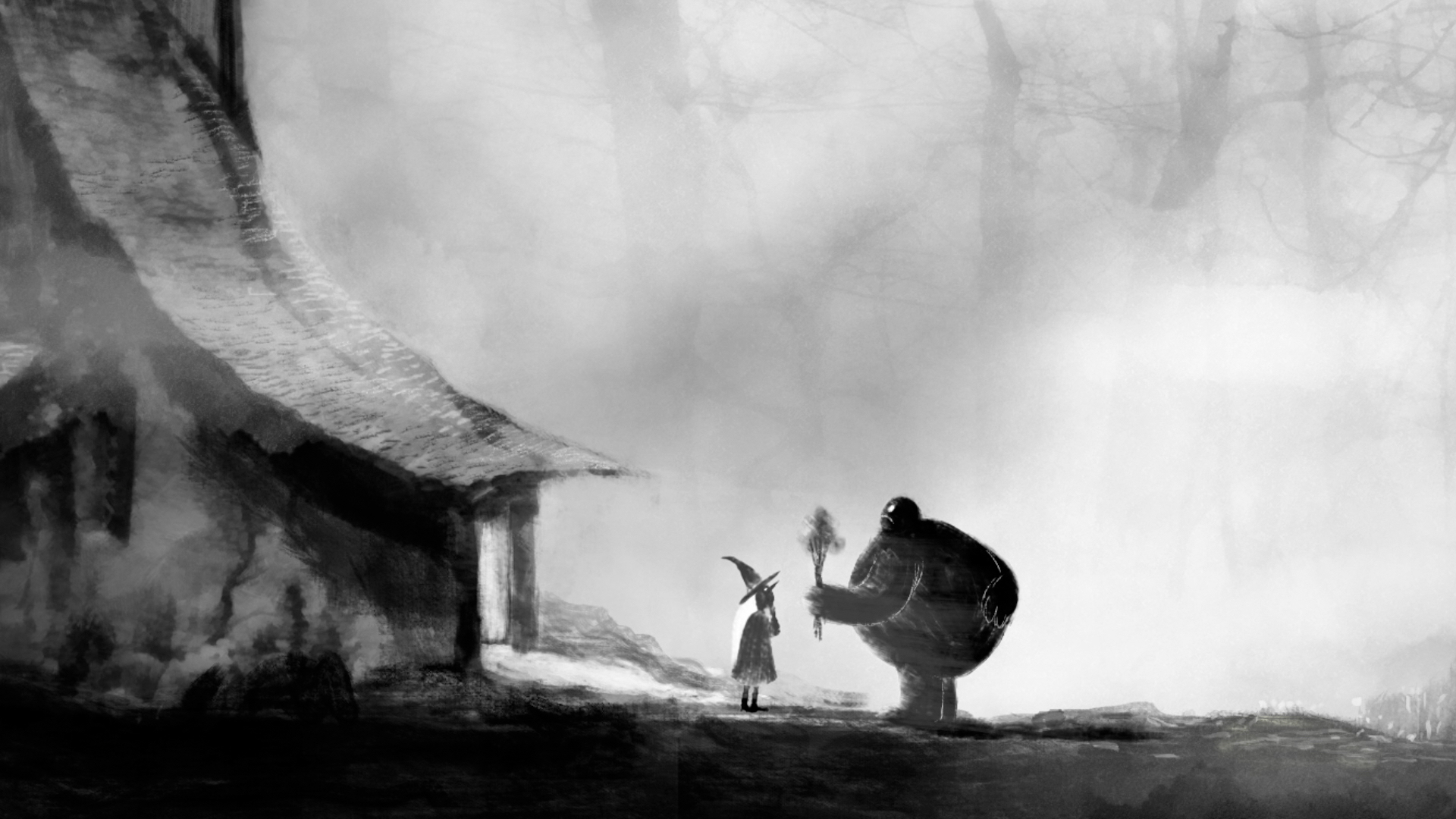
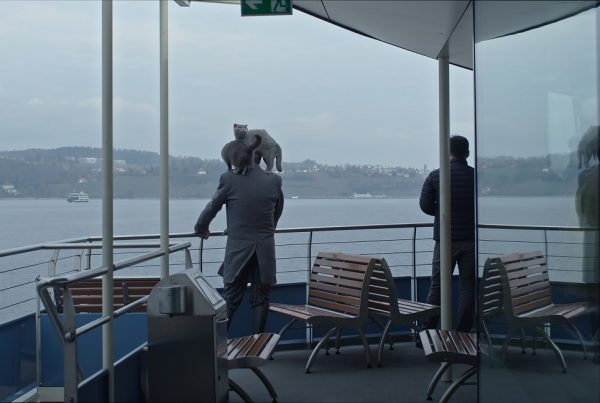
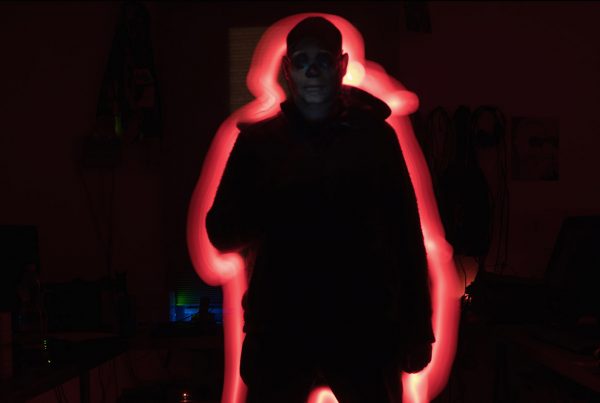
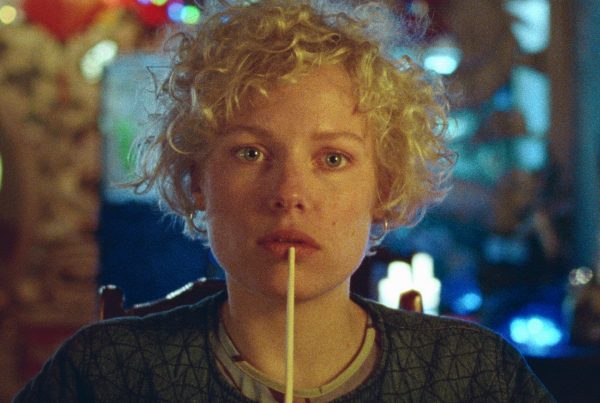

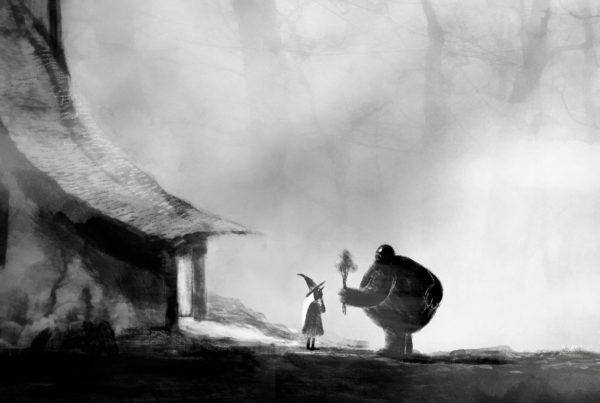
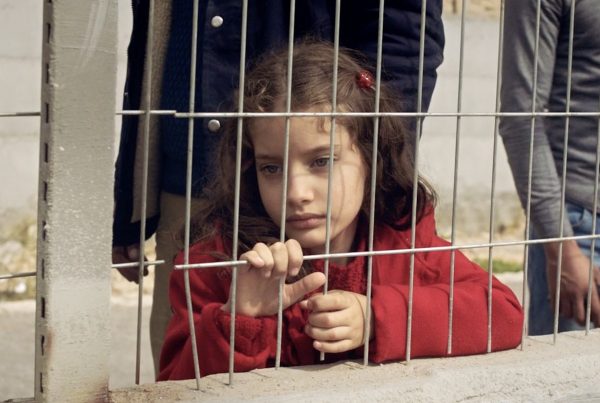
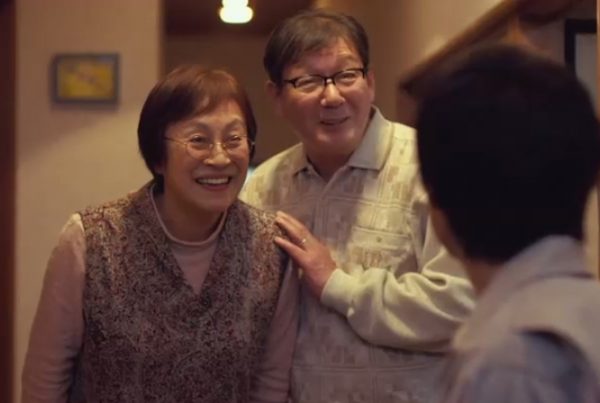
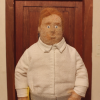
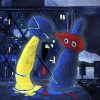




Commenti recenti